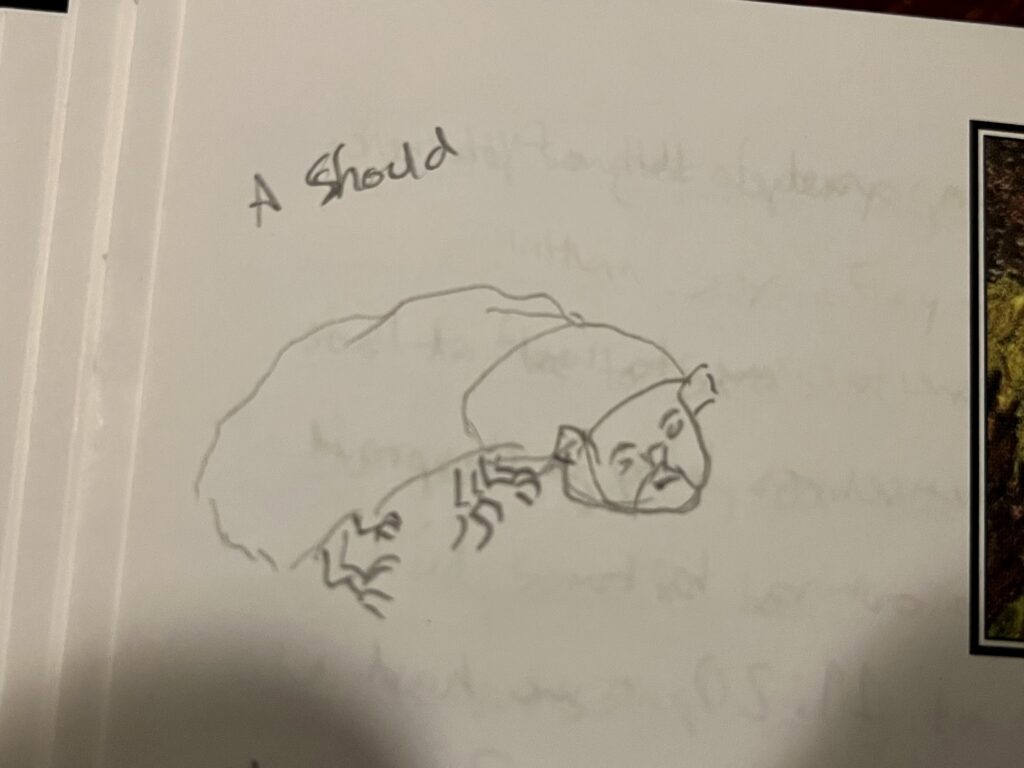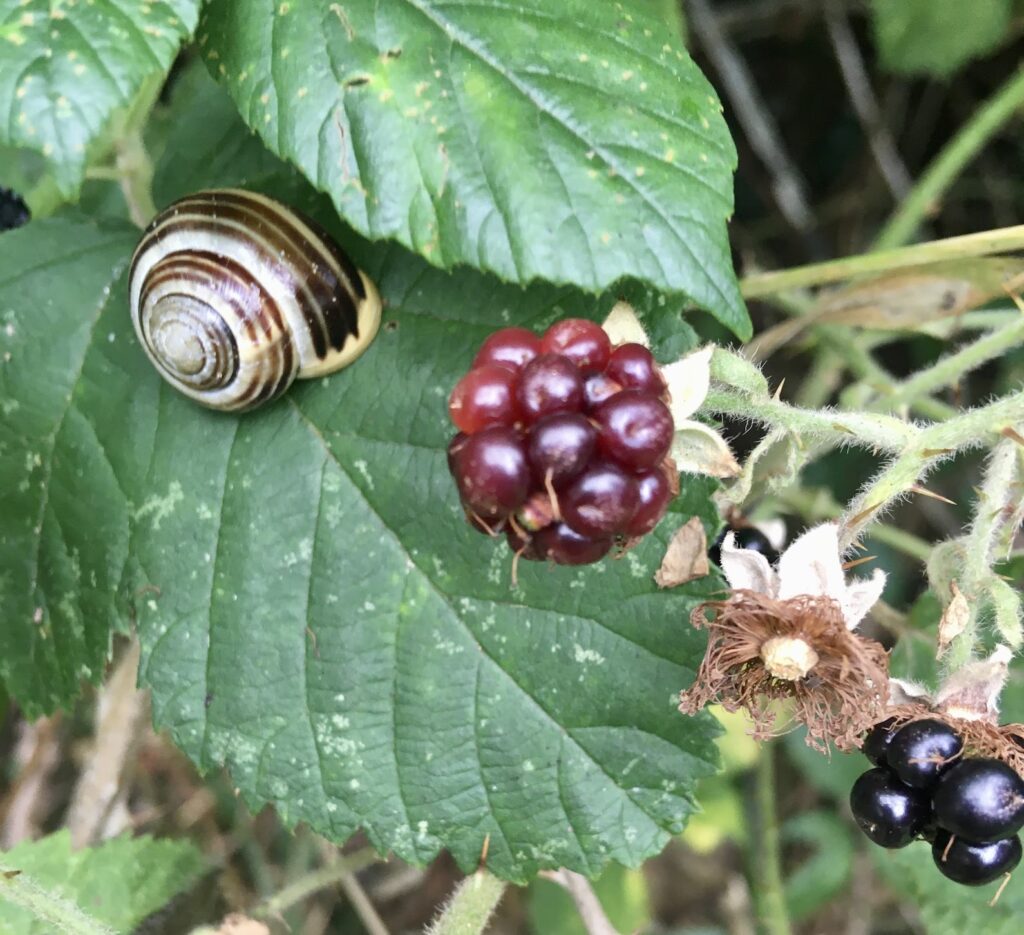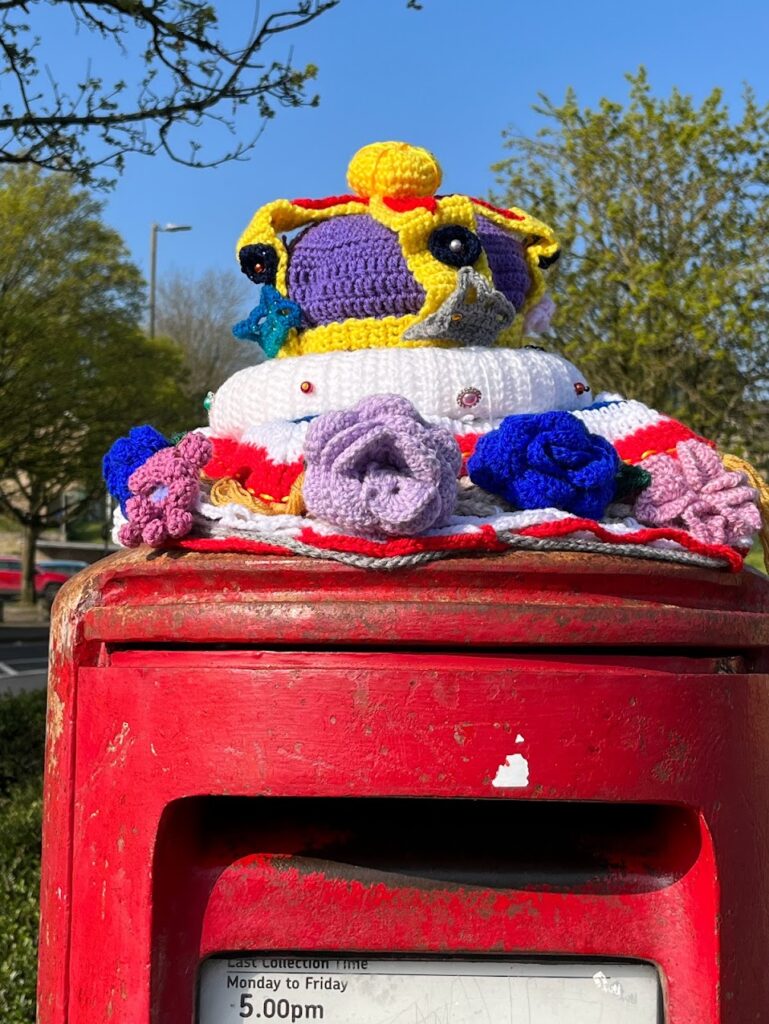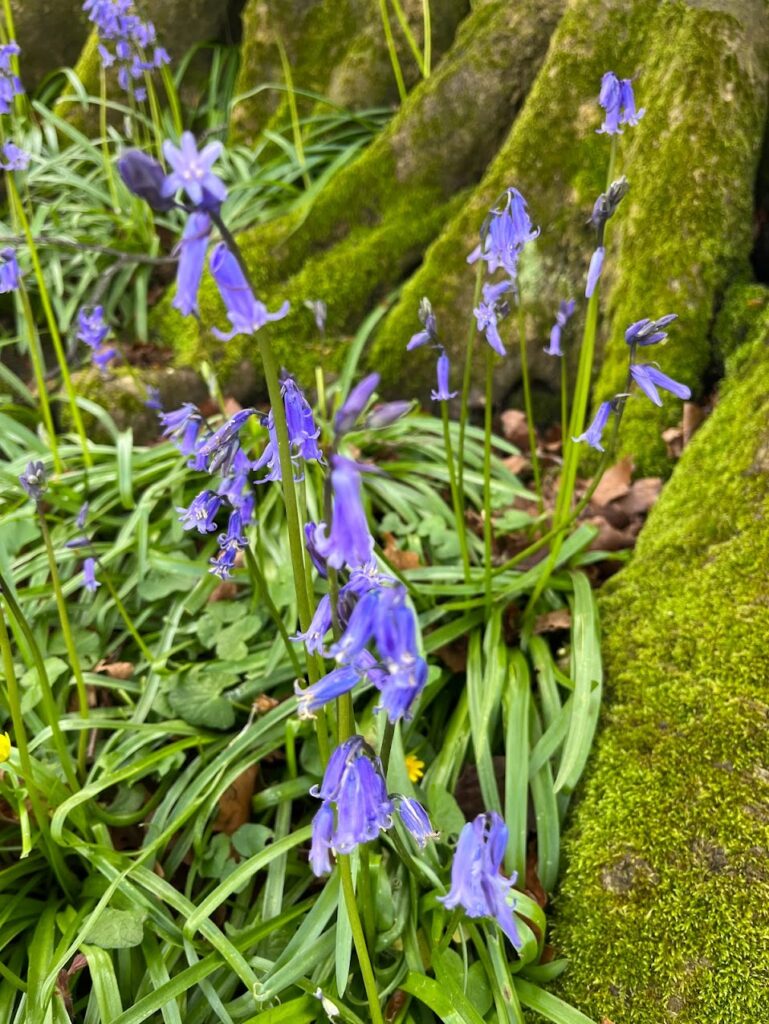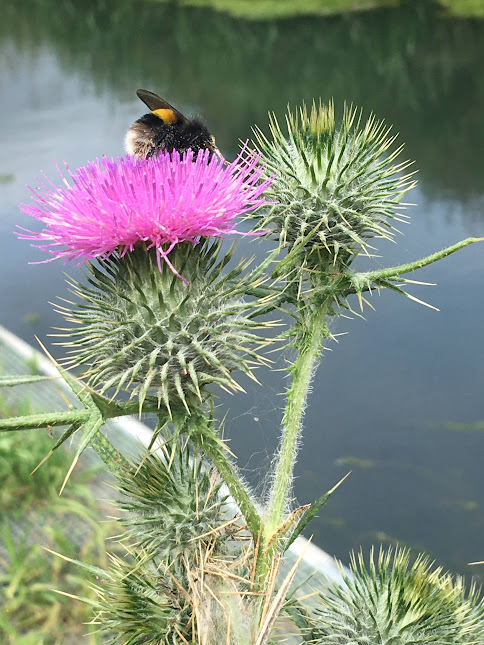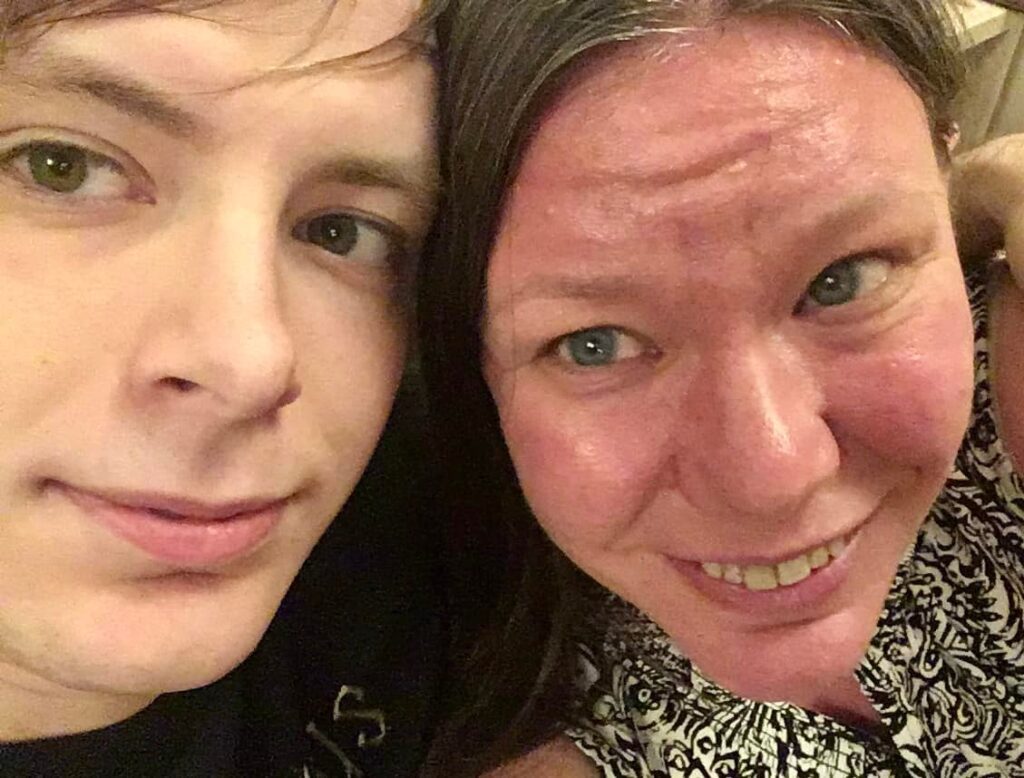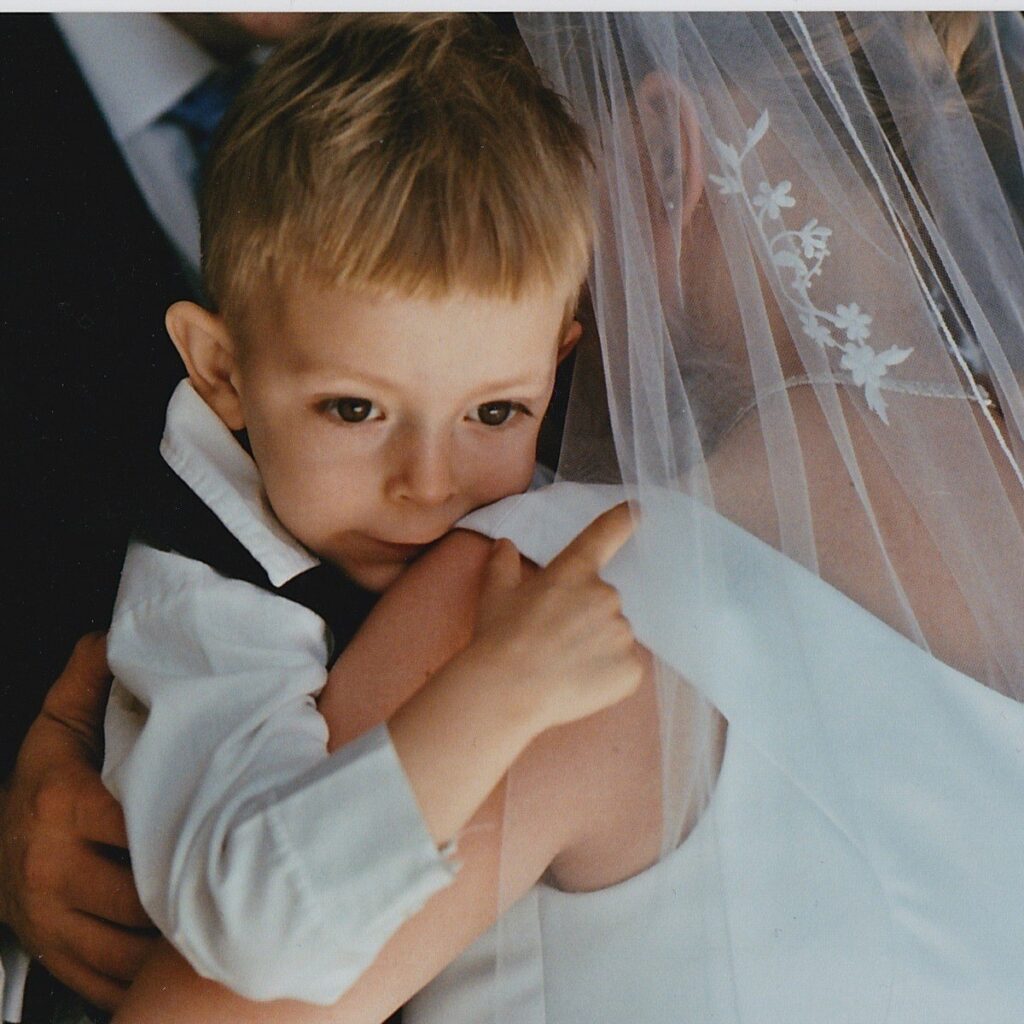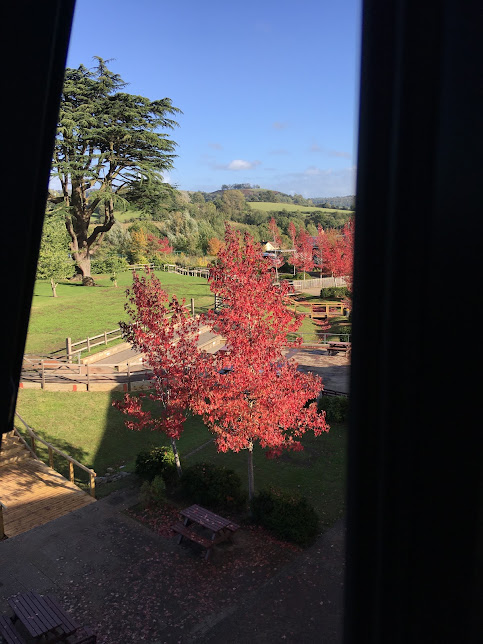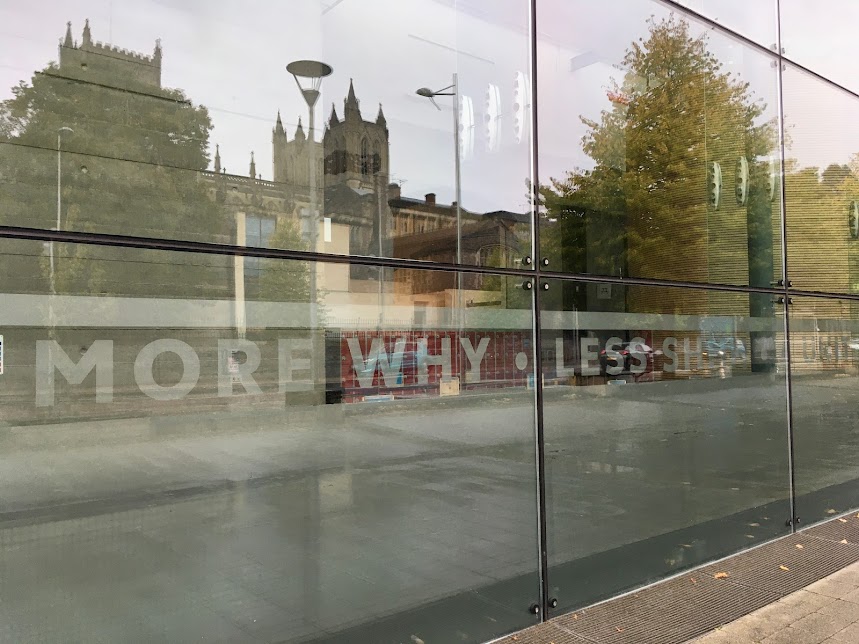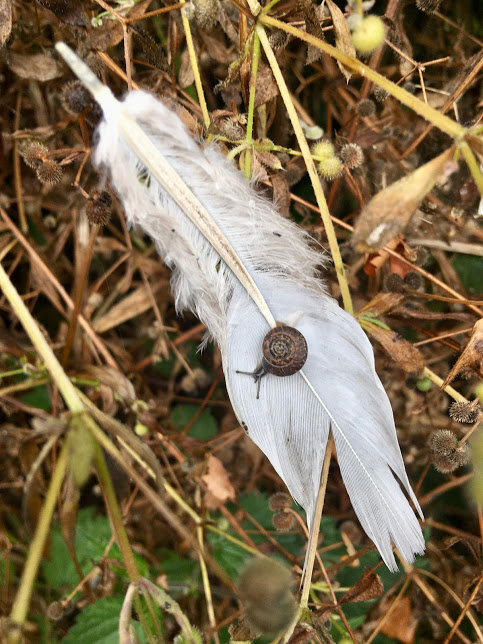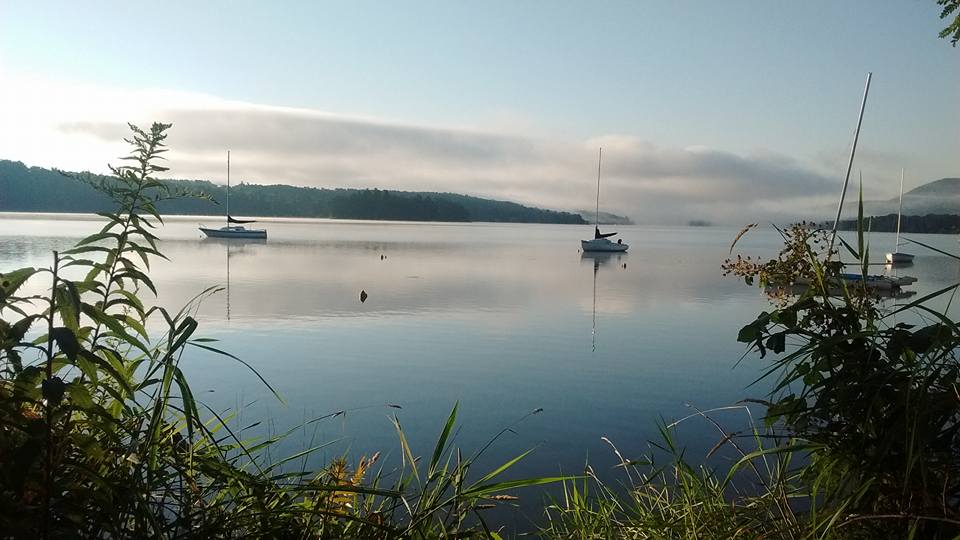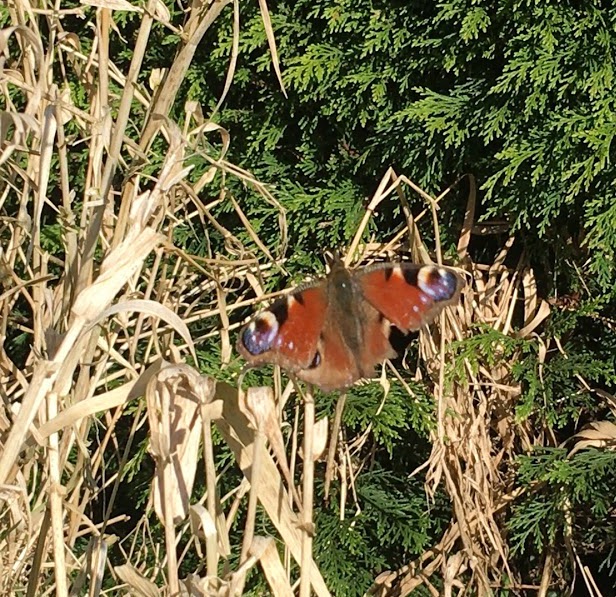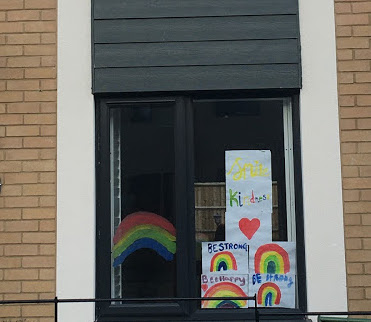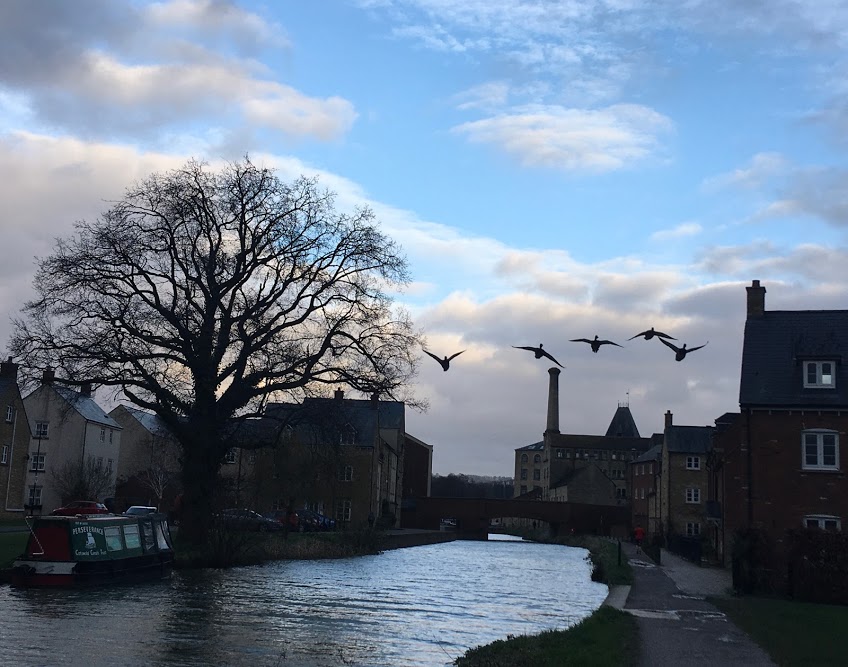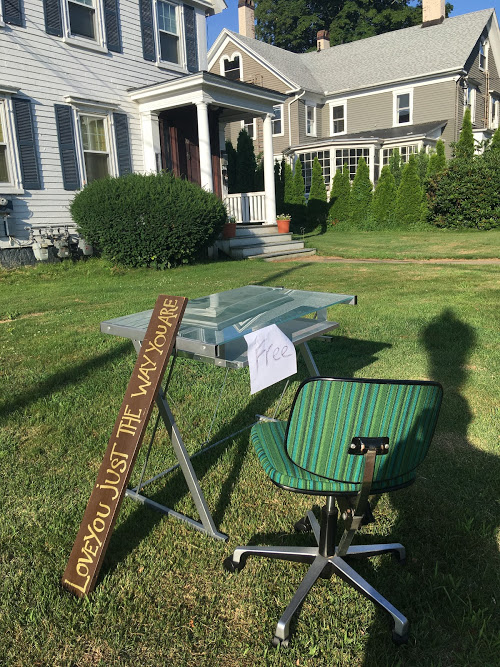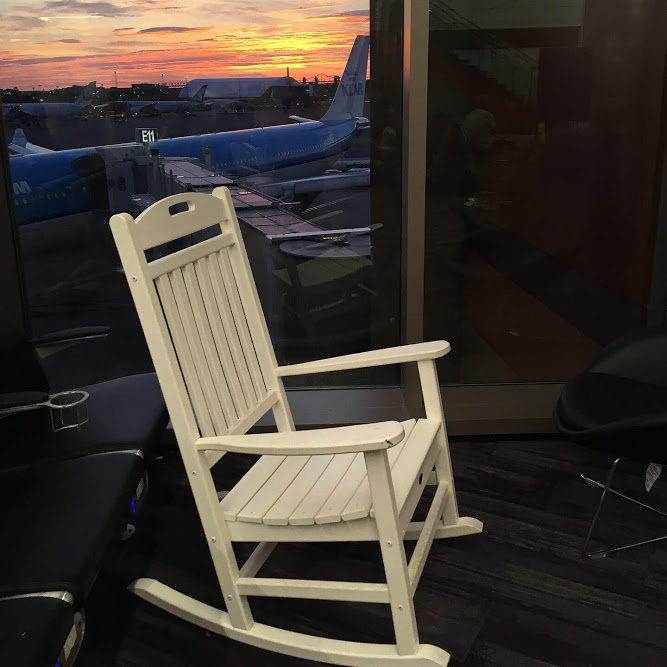This Week’s Bit of String: Tale of two benches
Last Saturday night we went on a date. We got dinner from the chippy and sat in the rare clear evening on a bench above the car park.
“Like two yoofs,” my husband said as we popped open our cans of Rio tropical drink. “But without the cheeky ciggy.”
After our chips, we did a cultural about-face at the town cinema watching a broadcast of the National Theatre’s excellent The Motive and the Cue. Based on diaries from when John Gielgud directed Richard Burton in Hamlet, it made us want to see the actual 1964 production. It was my kind of nerdiness and luckily, my husband was all for it.
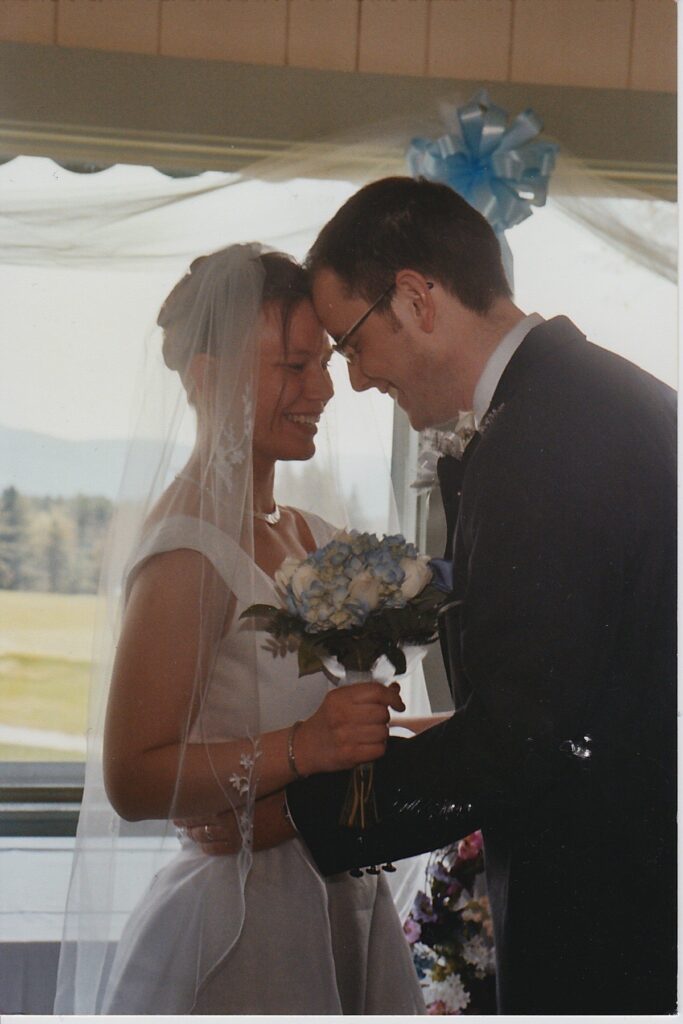
I remembered when we first moved to the town, new to the area (in my case, new to the whole nation) and unsure how to entertain our 3-year-old. We wandered up to a school playground on a typical cloudy afternoon. A plain, plasticky bench had a slightly rusting plaque: “In memory…” and a person’s name.
“Not the most flattering tribute,” said my husband.
“Well, it doesn’t say ‘In loving memory’ or anything,” I pointed out.
That made him laugh, and I felt smart and seen for a minute. That didn’t often happen in the first months as an immigrant and wife.
This week is our 20th anniversary. We’d used a John Donne quote from “The Bait” on our wedding invitations.
“Come live with me, and be my love, And we will some new pleasures prove…”
I didn’t really have an idea what those pleasures would look like (does anybody?), and it took us a while to find the confidence and freedom–and economic stability–to come up with the successful melding of tastes like we had last week.
If That’s All We Have
It took time. Two decades ago, our wedding song was Louis Armstrong’s “We Have All the Time in the World,” from the James Bond film On Her Majesty’s Secret Service. That is my husband’s type of nerdiness: gadgetry and fast cars and also outer space.
When we met and I was nearly 20, I was keen to lose myself. The movies we watched were ones he thought I should see, and I was thrilled to be trusted with them. We had 20 days together—weird how this number keeps popping up today—between meeting and my return from Old England to New. At some point in that mad rush, he played “We Have All the Time in the World” for me, and I was moved to the point of no return.
I’ve written about time before, though. It can be more romantic when you don’t have much of it, in the same way we sometimes use it better when we know it’s scarce.
When we said our wedding vows and I eventually sorted the paperwork for our kiddo and me to emigrate, the dream of being together became a promise. One of those takes more work than the other!
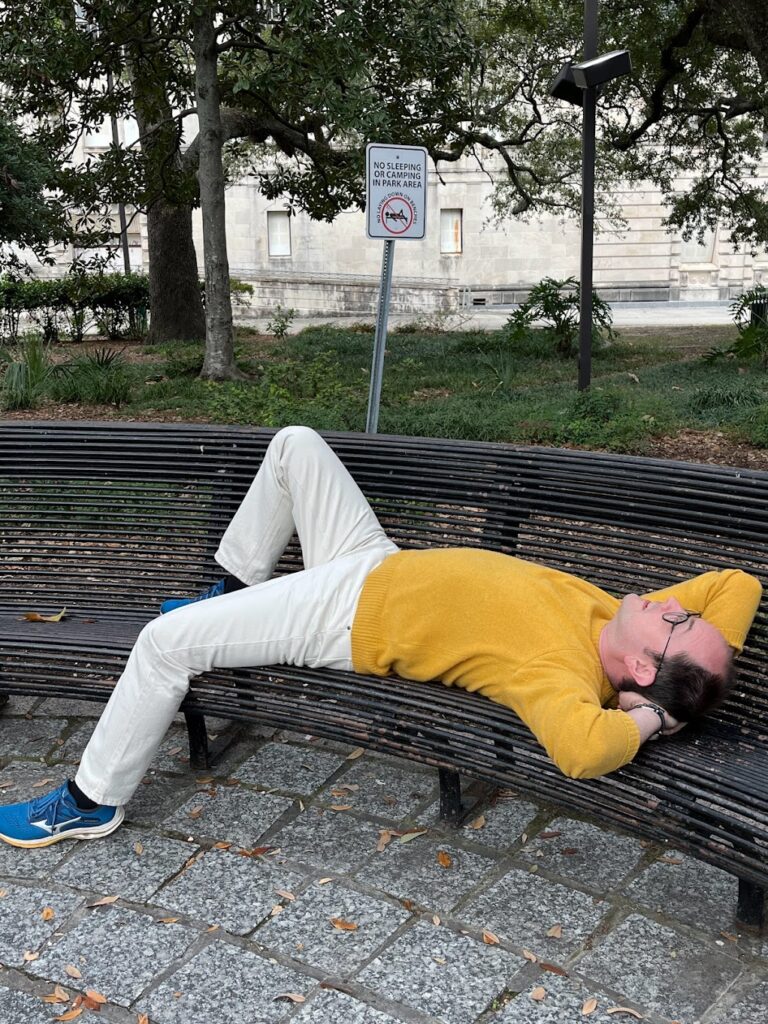
The effort has been amply rewarded. My husband is a musician, so in addition to being immersed in James Bond and Star Trek, I get to be a jazz band groupie. I would never have imagined that my cautious British physicist would turn out to be a star poser for photos, or that he’d come along to Shakespeare performances.
Sticking with it for the amount of time that change requires is a small miracle. Other times, we swoop to each other’s rescue in an instant. That’s another miracle: when one vulnerable person reveals their desperation and their partner responds with care, no matter how lost and alone they too may feel.
Suddenly You Flare in My Sight
If a story equals character plus event plus time, there are infinite combinations. I come up with fiction ideas by asking “What if…?” sometimes about real-life situations, but not usually about my personal ones. Lately, though, I imagine alternative realities which would have unspooled had I made different choices.
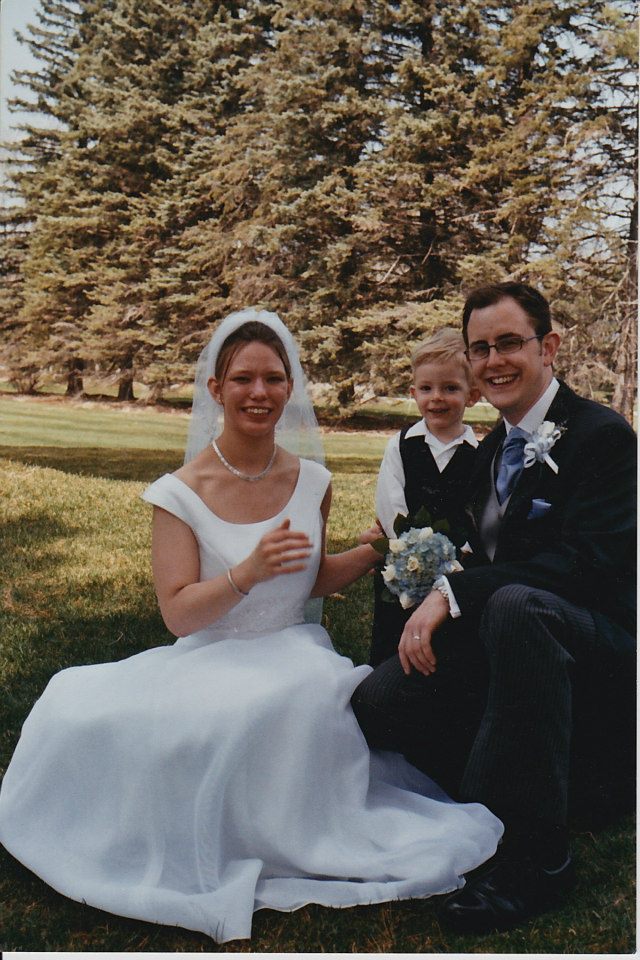
We often liked to tell people, if they asked how we met, that we never would have if he’d been a moment later heading back to his uni, and had missed the train. But what if we’d met seven years ago, or ten, instead of twenty-three? If we met the same way, as students with no assets swiftly adding a child to the mix—we’d never have been able to live together as a family. The immigration laws are so tight now, they keep increasing the amount a British citizen must have in the bank to earn the right to bring an international spouse home. I ache for the people kept apart because of this, because of meeting each other a decade too late.
This helps me appreciate what we have, and I track our moments of delight in my daily scribbles. As favours we gave all our wedding guests copies of Wendell Berry’s poem “The Wild Rose.” He compares his longtime partner to a wild rose blooming… “where yesterday there was only shade, and once more I am blessed, choosing again what I chose before.”
There are so many twists in life which we can’t control, and always a fair few choices to regret. It’s nice to remember the ones we’re more than satisfied with, even—dare I say it—proud of. What surprising choices would you make all over again?
